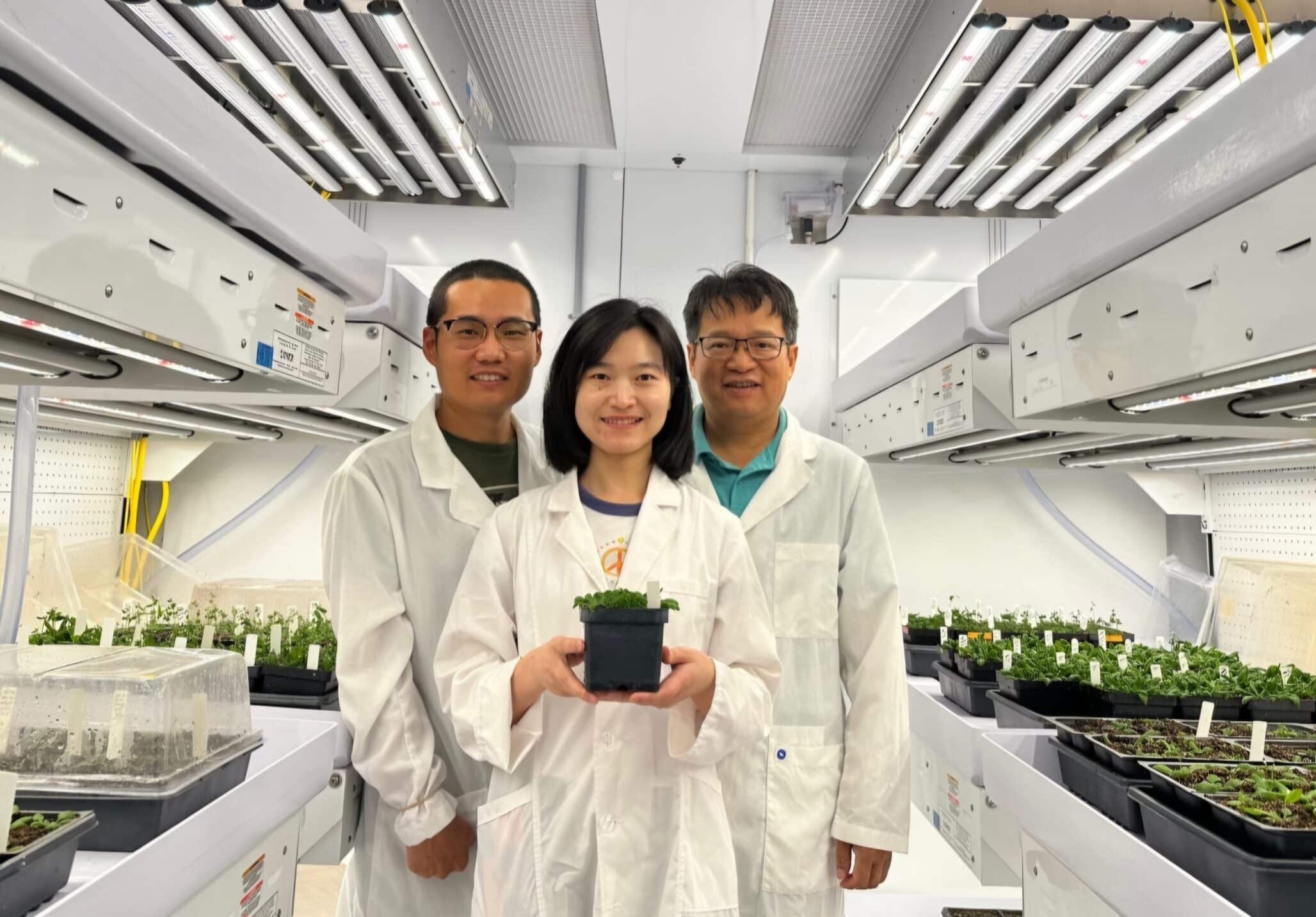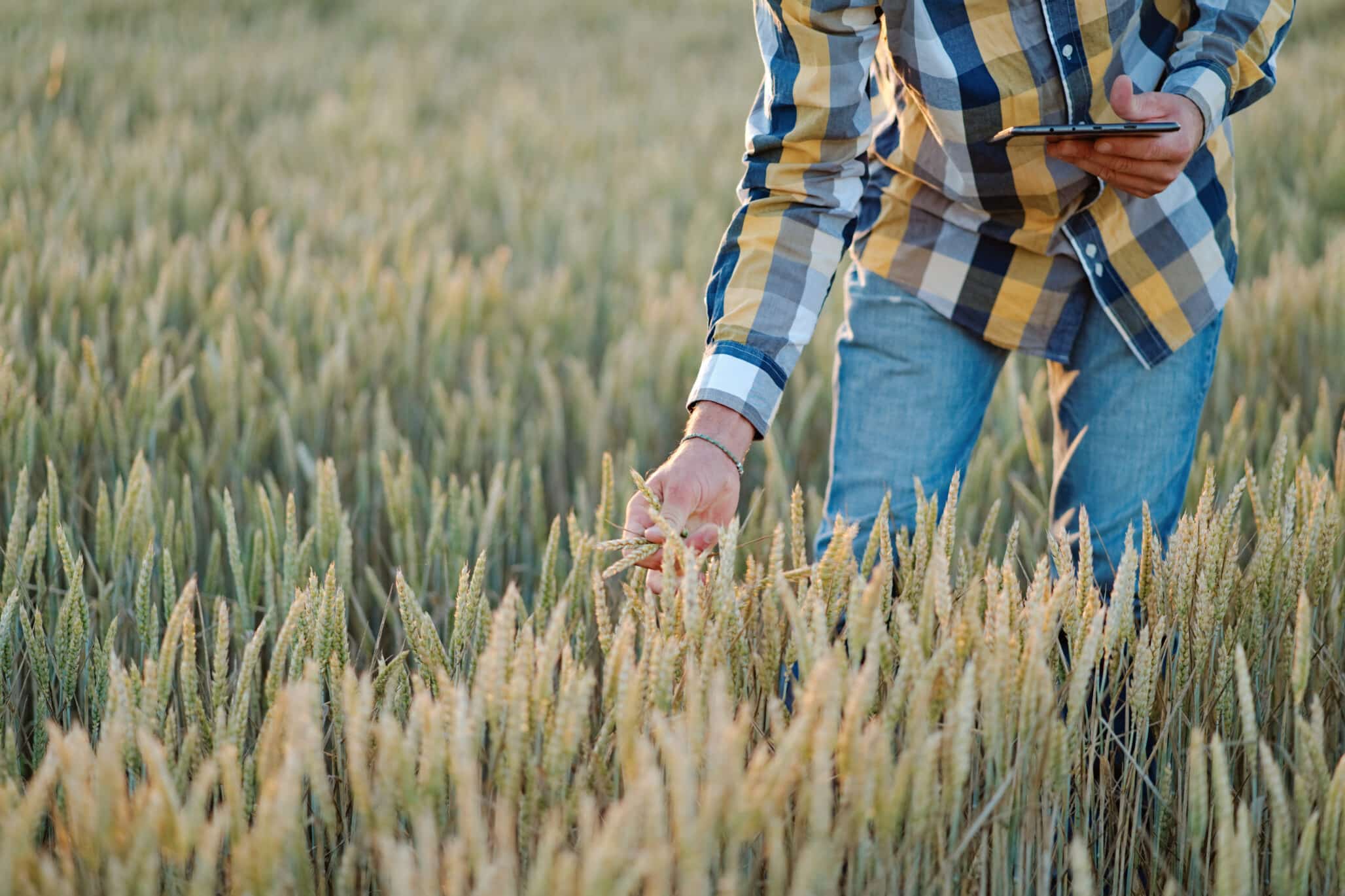“During the past four decades, allergic diseases have become a global health problem,” says Professor Dabing Zhang, who leads the University of Adelaide and Shanghai Jiao Tong University Joint Laboratory for Plant Science and Breeding. “Studies have shown that more than 50 percent of patients with perennial allergic rhinitis are sensitized to pollen allergens, and the number of people affected by pollen allergy is on the increase worldwide.
“Unfortunately, pollen allergens are difficult to avoid because of the extremely small size and high prevalence of pollen. This is a serious health issue but very little is known about their evolutionary history and why plants have evolved these allergens.”
Researchers from the University of Adelaide and Shanghai Jiao Tong University are providing the first broad picture of the evolution, and possible functions, of pollen allergens in the plant.
Published in the journal Plant Physiology, the researchers believe their work could help with medical research into the reduction or prevention of allergic diseases such as asthma and hay fever.
The researchers, including postgraduate students Miaolin Chen at Shanghai Jiao Tong University and Deborah Devis at the University of Adelaide’s Waite campus, performed a genome-wide analysis of potential pollen allergens in two model plants, Arabidopsis thaliana (thale cress) and rice, by comparing those results among 25 species of plants ranging from simple alga to complex flowering plants.
They used these findings to develop a model explaining how plants produced and maintained pollen allergens.
“This genetic and evolutionary insight … may help in the development of a vaccine or in modifying crop plants by screening out allergens during plant breeding,” Zhang says.
The University of Adelaide and Shanghai Jiao Tong University Joint Laboratory for Plant Science and Breeding was established in 2015 as part of an overall joint Centre for Agriculture and Health.
Professor Zhang is a distinguished Chinese plant scientist, who divides his time between Adelaide and Shanghai Jiao Tong. The joint laboratory investigates key problems in food security, including the generation of more environmentally resilient and productive crops.













